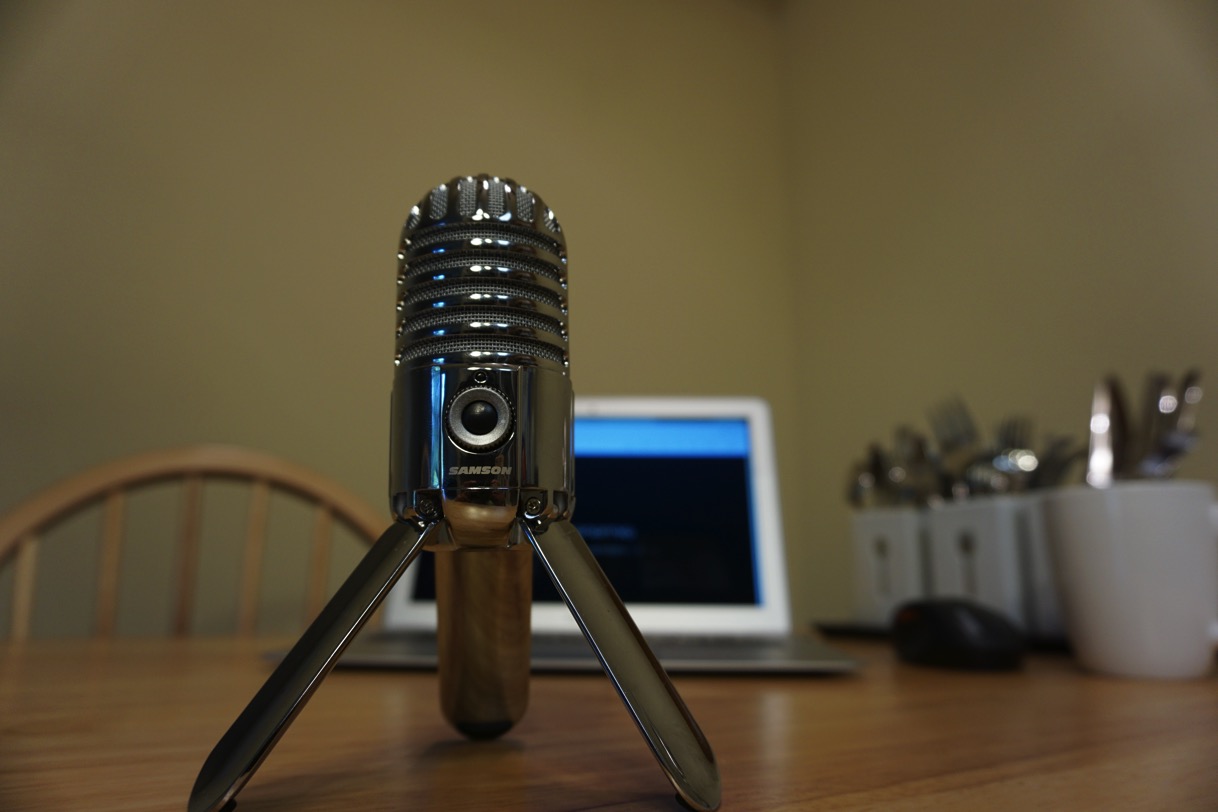
When I first learned English in middle school, I remember being surprised at how different two languages could be. Being a Japanese native speaker, I had a hard time before I got used to the differences. However, learning English has always been fun since I get to learn an entirely new culture. That made me decide to go to a university in the US, and I have lived in the US since then. Since my primary goal of studying English has always been to communicate with people, I have spent a significant amount of time learning about English pronunciation and an American accent. Apparently, it comes as a bit of surprise to some native English speakers and ESL students. I still believe that it is very helpful to study pronunciation, not just for ESL students but for anyone who is studying another language, and here is why.
“Why do you want to learn another accent?”
This is the most common question I get. My answer is simple: I want to learn an accent because it helps me communicate with people. Having an accent could sometimes make it difficult to communicate. For example, I used to pronounce the word “law” as the word “low” because I did not know that they are pronounced differently. I confused a lot of people when I asked them if their majors are “low.” One of my colleagues said he needs to slow down when he says the word “cook.” Imagine how embarrassing it will be if he didn’t know how to say it correctly.
There are so many different sounds in English that do not exist in other languages. If I keep substituting those sounds with some Japanese sounds, people will not be able to understand me. This is true for most language learners. As far as I know, most languages contain some sounds that do not exist in other languages. Chinese has the four tones that do not exist in English, and Spanish has “rolling R” that does not exist in English. On the other hand, the “th” sound, as in father, does not exist in a lot of other languages.
“It’s impossible to learn a new accent”
This is the second most common comment I get. This could not be more wrong. Anyone can definitely learn a new accent. I think that there are three different ways to change the way you sound:
- Learn a new sound that does not exist in your native language.
This is the most frustrating way to change the way you sound, but this is necessary because some sounds cannot be replaced easily. For example, the “th” sound usually can be replaced with the “t” sound or the “d” sound, but confusing the “r” sound with the “l” sound often makes it impossible to understand.
- Start using the right sound.
This is when you are capable of pronouncing each sound in a particular word, but you didn’t know how the word should be pronounced. For example, “a lot of” in American English is pronounced like “a lod of.” I knew how to pronounce the “d” sound, but I did not know that it should be pronounced that way.
- Learn to combine more than one sounds.
It is sometimes hard to put two sounds together even when you can pronounce two sounds together. I am really bad at saying “asks.” There are just way too many consonants next to each other.
A similar question to this is: “It’s impossible to get rid of an accent, so why are you trying the impossible?” I personally don’t believe it is impossible because I know some Japanese language students who have no accent. However, it is not very important since the purpose here is not to lose an accent but to learn to say words so people can understand me.
Benefits of learning an accent
Apart from being able to communicate more efficiently, there are other benefits to learning how American English should sound. I found it pretty cool that the more I know about how American English should sound, the more I can understand what people say. I can understand when people speak quickly or when people whisper. I don’t need to check lyrics as often as I used to just because I can hear them easily.
Knowing how to talk so people can understand definitely gave me more confidence. Now, I feel more comfortable asking questions in a meeting, and I am not afraid of calling people on the phone.

How do you learn a new accent?
I started learning an American accent by reading some books on the subject. Each language has a different set of sounds that they use, and you should start from learning what sounds are in the language that you study. They usually come with CDs. So, I just record myself say some words/sentences in those textbooks. I play it and also listen to the CDs to see if there is any difference in the way I say it and native speakers say it.
It is great to have a teacher because you don’t always hear the differences between two sounds. For example, I didn’t know that the vowel in “sit” is completely different from the one in “seat.” Neither of them exists in Japanese, so I could not hear the difference until my teacher explained it in detail. If you are thinking of asking your native speaking friends, you should make sure that they like to learn about their languages and are willing to help. Answering questions about the language you speak could be very boring.

